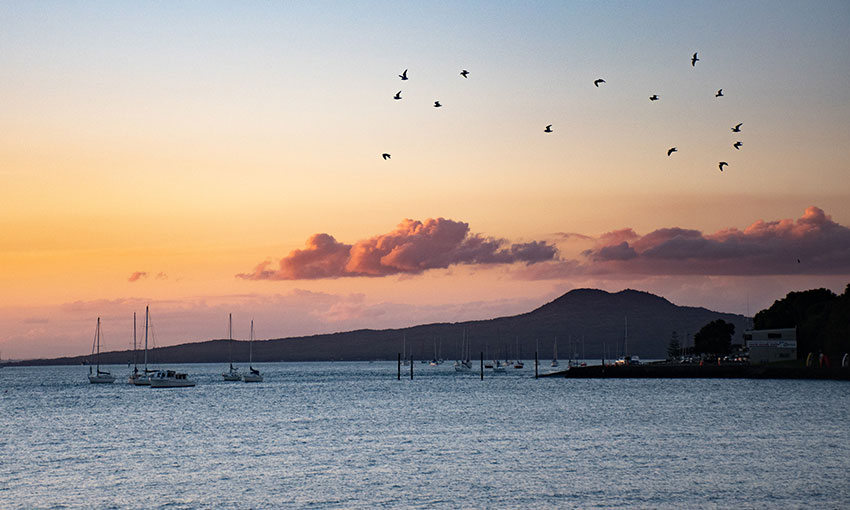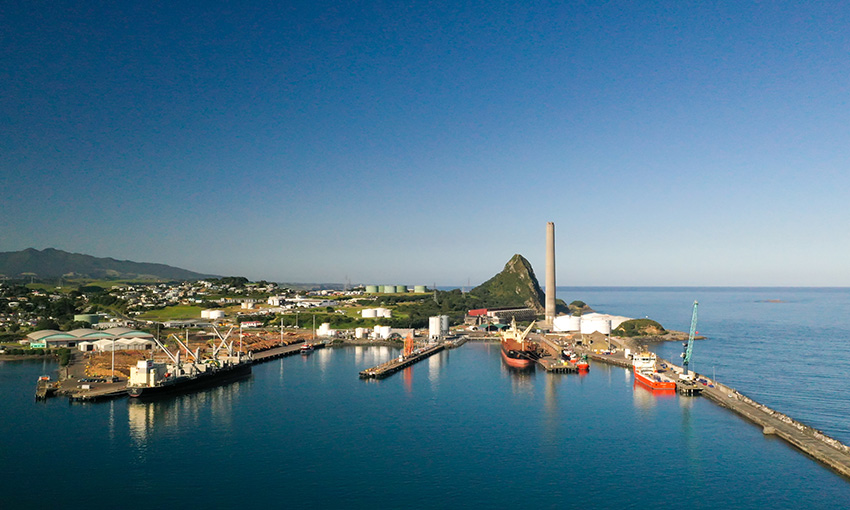PORTS of Auckland has come to an agreement with conservation group Protect Our Gulf and received consent to dredge the Rangitoto Channel, after a three-year-long court battle.
As part of the agreement, POAL and POG are to collaborate on mussel bed restoration projects in the Hauraki Gulf.
In addition to the mussel bed restoration joint initiative, the agreement also ensures that POAL will support ongoing monitoring of the disposal site and look for opportunities to relocate as much of dredged material as possible back within the dredge precinct rather than disposing it at Cuvier disposal site.
POG said it is committed to ensuring that any works undertaken by Ports of Auckland is done in a way that is respectful of Māori cultural values and results in more positive environmental outcomes for the Hauraki Gulf.
POG chair Shirin Brown said her organisation’s main aim in bringing the litigation was to challenge the need for dumping in the Hauraki Gulf and to highlight the potential effects the activities might have on Māori cultural values and the precious environment in the Hauraki.
“We have now secured somewhat better environmental outcomes associated with POAL’s proposed dumping and dredging activities. Having achieved this, we are pleased that the way forward is not ongoing and expensive court cases but instead proactive discussions with all stakeholders as to how to better look after our very degraded oceans. Not just in the harbour but out in the places by Aotea where marine mammals breed, and feed in a way which genuinely recognises how precious our native mammals, fish, birds, seabed are,” Ms Brown said.
“The important focus now must be how we can best protect the moana and its organisms. Notwithstanding that Auckland is a port city, we have to actively do better into the future as businesses and communities to question all projects which represent significant degradation to our marine environment.”
POAL CEO Roger Gray said he is committed to engaging with and working with the community and stakeholders for the health of the Harbour.
“As one of the largest users of the Waitematā Harbour, we are committed to ensuring we do our part to look after it,” Mr Gray said.
“Over the past 10 years the port has been working proactively on the protection on Brydes whales in the gulf and we are now pleased to partner with Protect our Gulf on the mussel bed restoration also. We believe this partnership and work with other stakeholders will lead to more positive environmental outcomes.”
As part of the agreement, Ports of Auckland will provide funding on behalf of POG to the mussel bed restoration work being done in conjunction with Revive our Gulf. ROG’s mussel bed restoration project work is also in partnership with iwi/hapū and communities – bringing together expertise in marine science and mātauranga, consenting and biosecurity.
POG and POAL have committed to engaging and working positively and proactively together into the future, including the possibility of setting up a joint working group, to ensure that better environmental and conservation outcomes are central to the Port of Auckland’s ongoing activities.





